Vanda Felbab-Brown warns of the threat of criminals subverting the fight against Covid-19, with organized crime networks targeting vaccines and antibody tests. This piece was originally published by the Financial Times.
Two months ago, in a worrying portent of the fresh challenges medics may face combating Covid-19 globally, criminals hijacked a truck outside Mexico City and stole its cargo of 10,000 flu jabs. Mexico, which is among the countries worst hit by the pandemic, also has the world’s sixth largest black market in medicines. Yet it is not alone in facing the potential threat of criminals subverting the fight against Covid-19. Interpol recently issued a global alert, warning its 194 members of organized crime networks targeting vaccines and antibody tests.
The problems presented by often well-funded and transnational criminal groups are multi-faceted. In Latin American and sub-Saharan countries, where the vaccine is likely to be scarce initially and insecurity is high, distribution trucks and storage facilities may be raided, or the freezers that keep the vaccine effective stolen. The medication, perhaps diluted or degraded through poor storage, might then be resold online or to the very facilities from which it was taken.
Yet such cases may prove to be only the thin end of the criminal wedge. The online false medicines market is estimated to be worth more than $70bn a year, enjoys huge mark-ups and affects all countries. US authorities have warned of websites pretending to sell Covid-19 medical supplies. In low-income countries, the World Health Organisation estimates that one in 10 medical products are either substandard or false. That’s why Interpol warned of the need to ensure safe supply chains and close co-ordination between law enforcement and health regulatory bodies.
Poorly regulated pharmaceutical groups may be yet another source of fraud. China is emerging as a leading Covid-19 vaccine distributor in developing countries. Yet, recent experience — such as that of Changchun Changsheng Biotechnology, which Beijing fined more than $1bn two years ago for supplying faulty vaccines to Chinese children — shows that supervision can be shoddy.
Potentially even worse, though, are corrupt government officials. They may charge mark-up fees on vaccinations; sell fakes — as happened with one Mexican state governor who has been investigated for swapping children’s cancer treatments for water; resell real vaccines on the black market; or demand so many extortion fees along the supply chain that distribution slows and the vaccine degrades. Where powerful criminal groups have permeated medical systems, as in southern Italy, pay- offs may be extorted directly from clinics distributing the vaccine.
Another complex issue are conflict zones or areas where nonstate armed actors control access to population and territory. Groups such as the Taliban in Afghanistan or Boko Haram in Nigeria have in the past prevented vaccination drives, such as against polio, fearing a conspiracy against Muslims or intelligence-gathering by counterinsurgents that use the programs as cover.
But times can change. The Taliban, while negotiating for representation in a future Afghan government in US-sponsored talks, has announced its full co-operation in the response to Covid-19. Similarly in Somalia, unlike during the 2011 famine, the al- Qaeda-linked Islamist group al-Shabaab has announced co-operation. Even so, intense fighting continues in both areas, undermining vaccine access.
Paradoxically, in some cases international and domestic anti-terrorist and anti-money laundering laws may hinder the fight against Covid-19 rather than advance it. Humanitarian groups, fearing criminal penalties, may hesitate to bargain with criminal groups to obtain access to people living in territories under their control. Although minimising financial payments to criminal groups is desirable, a rigid application of those laws could prevent vaccine distribution to some of the world’s most marginalized populations.
The Brookings Institution is committed to quality, independence, and impact.
We are supported by a diverse array of funders. In line with our values and policies, each Brookings publication represents the sole views of its author(s).

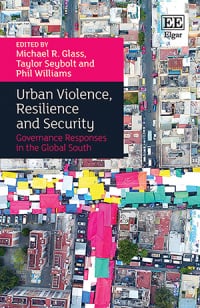
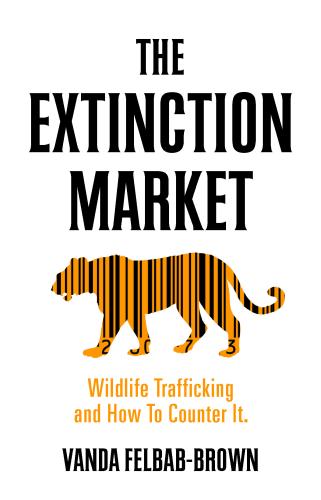
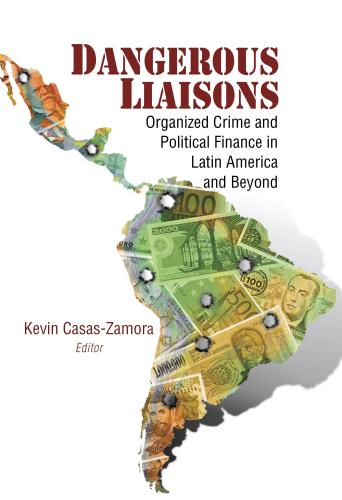
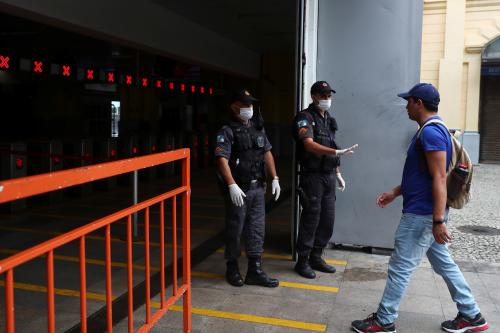
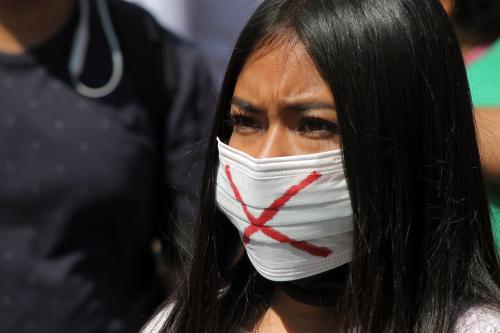
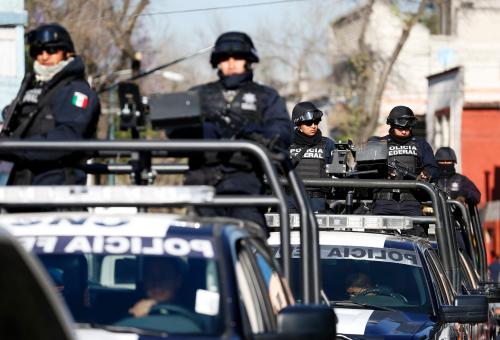



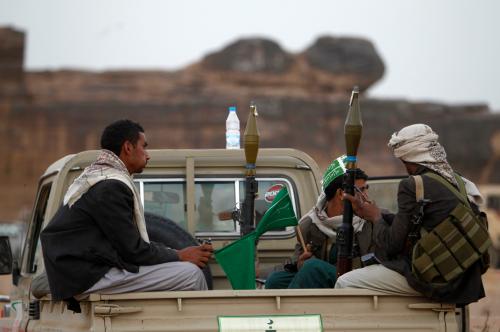
Commentary
Beware the criminal threat to the fight against COVID-19
December 18, 2020